Oracle's Aggressive AI Bet Unnerves Wall Street, Shares Plummet 25 Percent
Oracle, the US software giant founded by Larry Ellison, has taken a significant hit on Wall Street following its massive investment in artificial intelligence (AI). The company's shares have plummeted 25 percent in the past month, with its market value reversing over $250 billion in gains since its deals with OpenAI were disclosed in September. This decline is nearly twice the fall of the next worst-performing hyperscaler, Meta, and has left investors concerned about the company's vast borrowing to fund its AI pivot.
Financial details reveal that Oracle has committed to spending hundreds of billions of dollars on chips and data centers over the next few years, largely as part of deals to supply computing capacity to OpenAI, the maker of ChatGPT. This significant investment has raised eyebrows among investors, who are closely watching the spending of hyperscalers – big tech companies building vast data centers. A Financial Times index tracking the price of Oracle's debt has fallen about 6 percent since mid-September, significantly worse than any of its peers.
The recent sell-off of tech stocks and bonds has left Oracle's AI bet looking increasingly precarious. The company's decision to pivot towards AI has been seen as a bold move, but one that may have come at a high cost. Oracle's reliance on debt to fund its AI investments has unnerved investors, who are concerned about the company's ability to generate returns on its massive spending.
Oracle's AI pivot is part of a broader trend in the tech industry, where companies are racing to develop and deploy AI technologies. However, the speed and scale of Oracle's moves have unsettled some investors, who are keenly focused on the spending of hyperscalers. The company's decision to supply computing capacity to OpenAI has raised questions about its ability to compete with other hyperscalers, such as Amazon and Microsoft, which are also investing heavily in AI.
The implications of Oracle's AI bet are far-reaching, with potential consequences for the company's future growth and profitability. If Oracle is unable to generate returns on its massive spending, it may struggle to maintain its market share and competitiveness in the AI market. This could have significant implications for the company's employees, customers, and shareholders, who may see their interests affected by Oracle's AI pivot.
In recent developments, Oracle has announced plans to expand its AI offerings, including the launch of new AI-powered products and services. However, these plans may not be enough to alleviate investor concerns about the company's ability to generate returns on its AI investments. As the tech industry continues to evolve, Oracle's AI bet will be closely watched by investors and analysts, who will be looking for signs of progress and returns on the company's massive spending.
In conclusion, Oracle's aggressive AI bet has unnerved Wall Street, with its shares plummeting 25 percent in the past month. The company's reliance on debt to fund its AI investments has raised concerns among investors, who are closely watching the spending of hyperscalers. As the tech industry continues to evolve, Oracle's AI pivot will be closely watched by investors and analysts, who will be looking for signs of progress and returns on the company's massive spending.
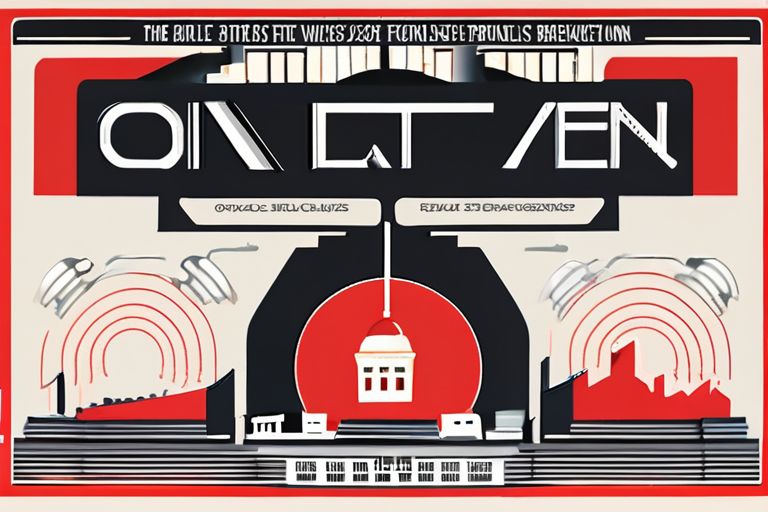





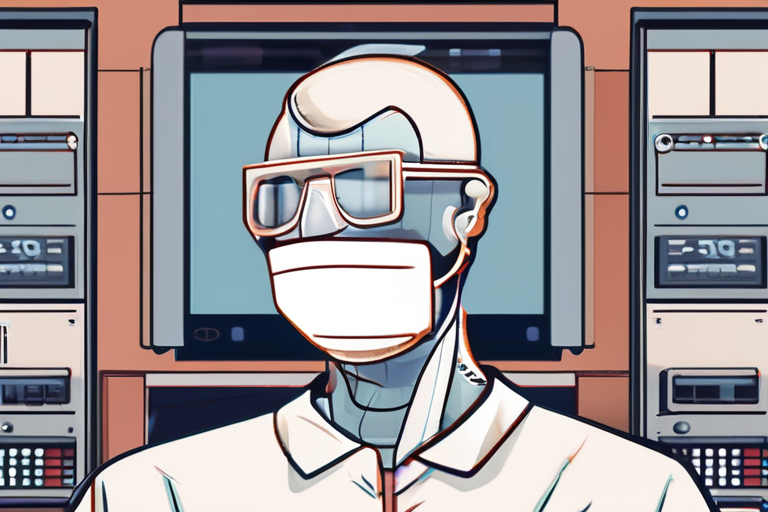
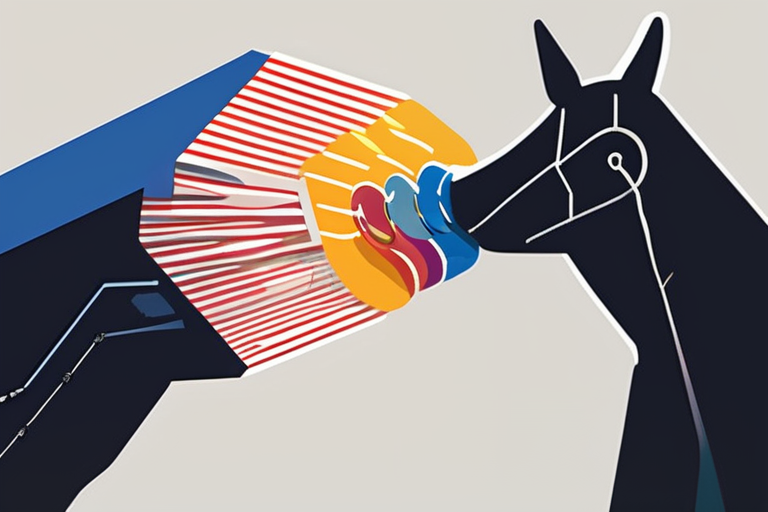
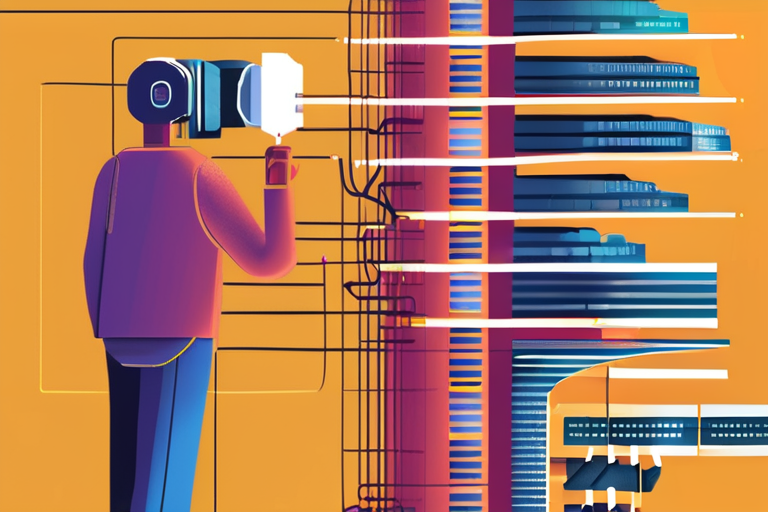

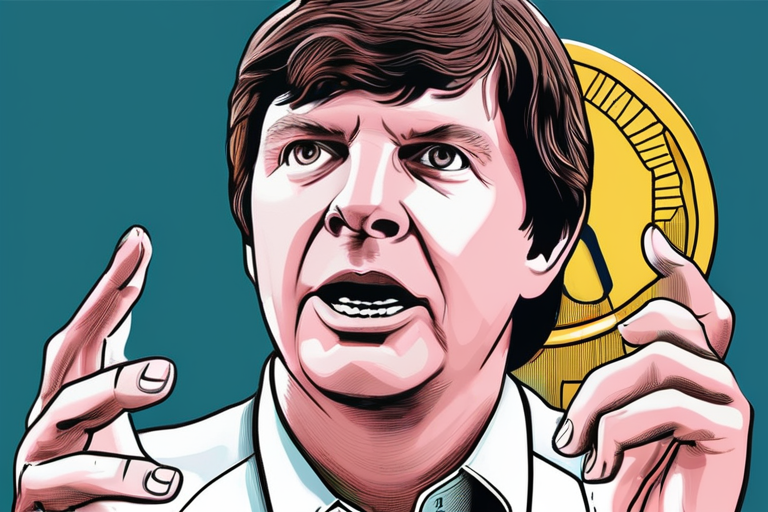






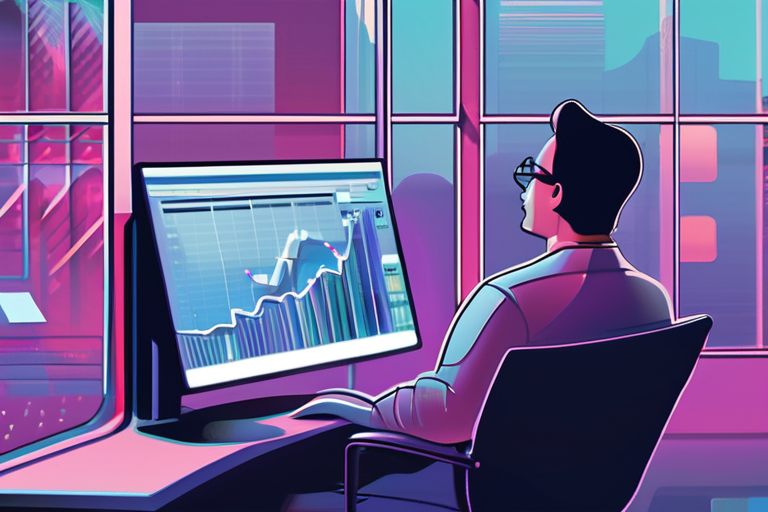


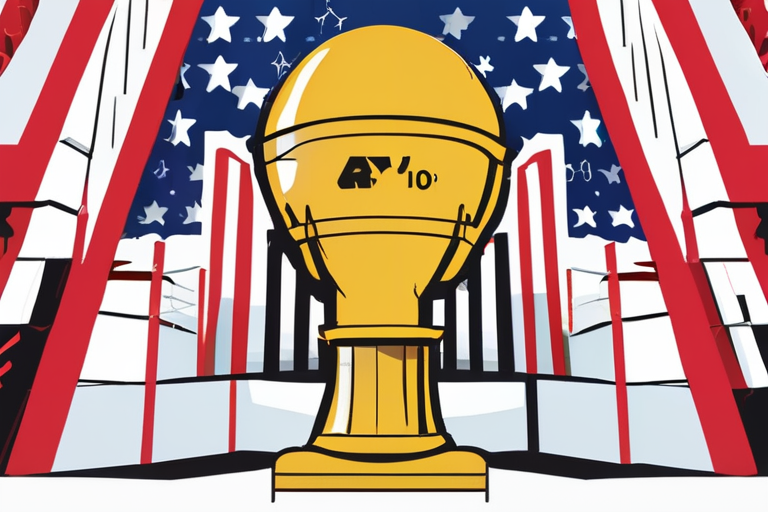


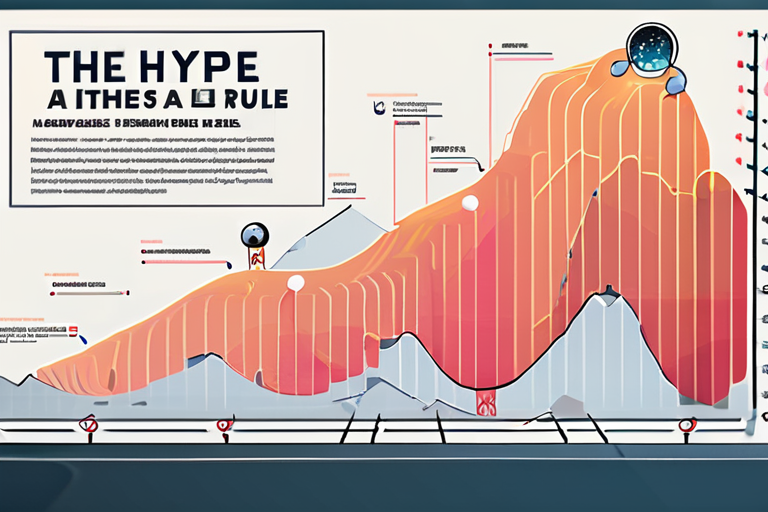



Share & Engage Share
Share this article